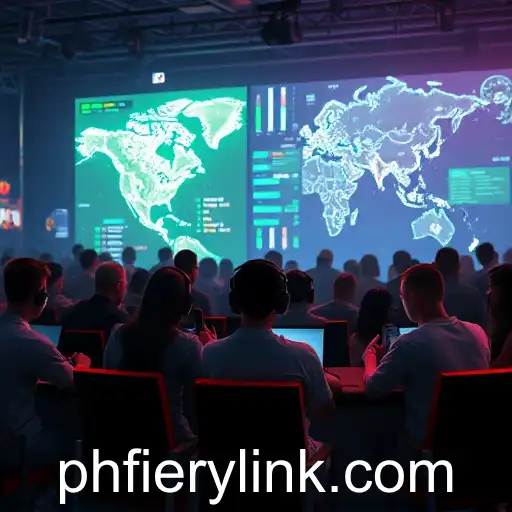
In recent years, online gaming communities have become a cornerstone of digital interaction, offering a dynamic blend of entertainment and social networking. Websites like 'phfiery link' are at the forefront, providing a platform where millions come together to engage in competitive play, cooperative ventures, and social exchange.
As of 2025, the proliferation of these communities has brought about a significant shift in how individuals forge relationships, with gaming transcending traditional boundaries of friendship. Players often report forming deep connections online, rivaling or even surpassing those made in physical spaces.
The rise of such platforms has also sparked considerable discourse about their social impact. Critics argue about potential addiction and social isolation, but research increasingly highlights the positive aspects—improved teamwork skills, strategic thinking, and cultural exchange. Online games are no longer just about entertainment but are arenas for global learning and connection.
Furthermore, the gaming industry has responded by facilitating more inclusive environments. Developers are focusing on creating games that cater to diverse demographics, promoting healthier interactions, and addressing issues like toxicity through innovative community management strategies.
The success of 'phfiery link' and similar platforms is not just measured in user numbers but in how they cultivate vibrant ecosystems where players can express individuality and creativity. As we navigate through 2025, the challenge will be to balance the immersion of virtual worlds with the essential elements of real-world interaction, ensuring that the social impact of gaming remains positive.


